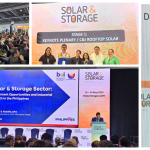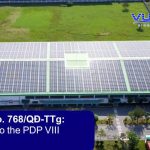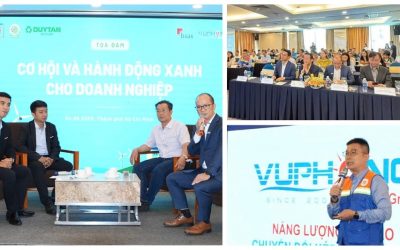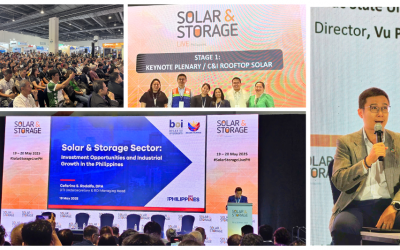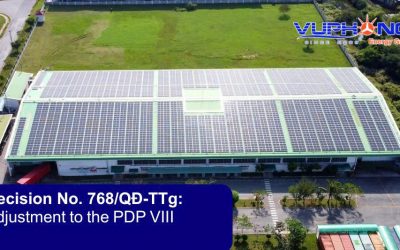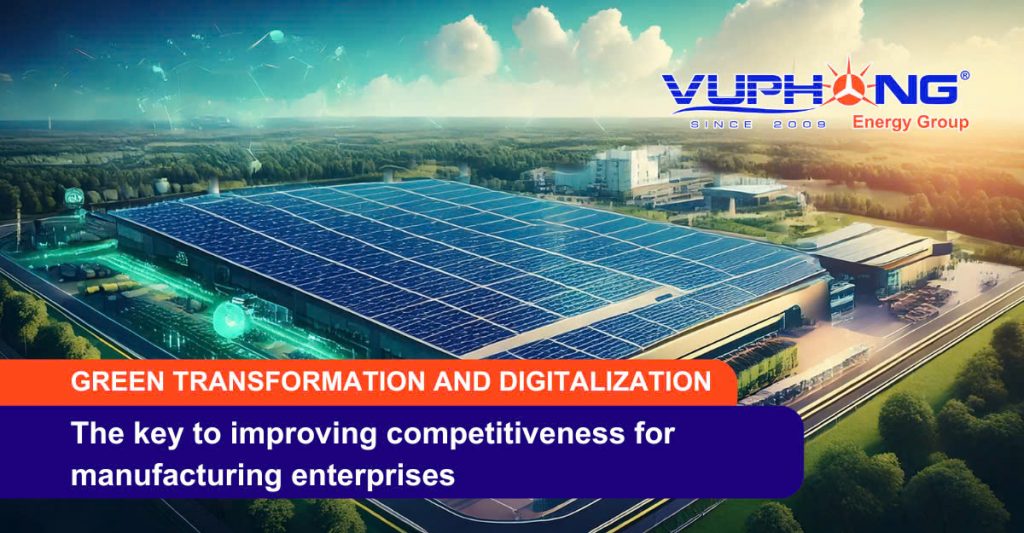
As energy demand continues to rise and renewable energy sources such as solar and wind power grow rapidly, efficient energy storage and management have become critical challenges. Energy Storage Systems (ESS) have emerged as an advanced solution to balance supply and demand while enhancing energy utilization efficiency.
What is an Energy Storage System (ESS)?
An Energy Storage System (ESS) refers to technologies that store energy generated from various sources for later use. This is particularly important for renewable energy sources like solar and wind power, which are inherently intermittent and variable. ESS ensures a stable electricity supply, minimizes energy wastage, and optimizes energy efficiency.
Battery Energy Storage Systems (BESS)
One of the most common types of ESS is the Battery Energy Storage System (BESS). BESS utilizes high-capacity batteries, such as lithium-ion batteries, to store electrical energy. This technology enables surplus energy from renewable sources to be stored and supplied when needed, effectively balancing power supply and demand while improving energy efficiency.
The global BESS market is experiencing significant growth. Forecasts indicate that the market was valued at approximately USD 1,120 million in 2023 and is expected to grow at a CAGR of around 11.44% from 2024 to 2032. This growth reflects the increasing demand for reliable and efficient energy supply systems worldwide.
Pumped-Storage Hydropower (PSH)
Pumped-Storage Hydropower (PSH) is another energy storage method that utilizes two water reservoirs at different elevations. During periods of low electricity demand, surplus energy is used to pump water from the lower reservoir to the upper reservoir. When electricity demand increases, the stored water is released to drive turbines and generate electricity. This method helps balance grid loads and enhance grid stability.
 Construction Joint Stock Company 47 (CC47), an associate company of Vu Phong Energy Group, is the main contractor for the Bac Ai Pumped-Storage Hydropower Plant in Ninh Thuan Province
Construction Joint Stock Company 47 (CC47), an associate company of Vu Phong Energy Group, is the main contractor for the Bac Ai Pumped-Storage Hydropower Plant in Ninh Thuan Province
Benefits of Energy Storage Systems
- Grid stability: ESS helps regulate fluctuations in renewable energy supply, maintaining stable frequency and voltage for the power grid.
- Optimized energy utilization: By storing surplus energy during peak production and supplying it during high demand periods, ESS reduces electricity costs and improves economic efficiency.
- Reduced greenhouse gas emissions: Integrating ESS with renewable energy sources decreases reliance on fossil fuels, contributing to environmental protection.
- Enhanced reliability: ESS provides backup power during outages, ensuring uninterrupted operation of critical equipment.
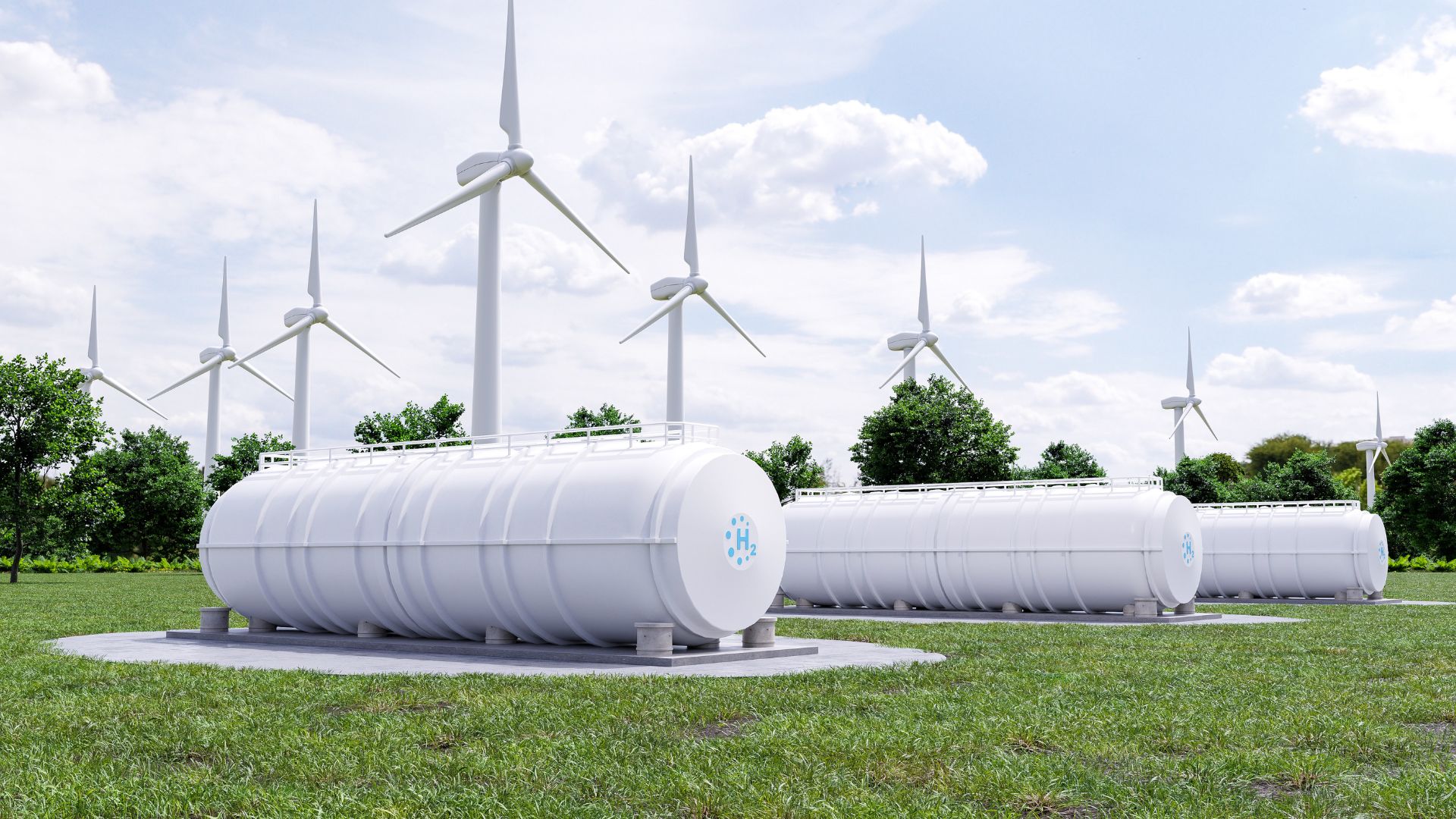 Addressing renewable energy challenges with ESS
Addressing renewable energy challenges with ESS
Application of ESS in Vietnam
Vietnam has vast potential for solar and wind energy, making the implementation of ESS increasingly essential. ESS not only facilitates the efficient integration of renewable energy into the national grid but also alleviates stress on the power system, especially during peak periods.
ESS plays a crucial role in advancing renewable energy adoption and ensuring energy security. Investing in and deploying ESS solutions not only delivers economic benefits but also contributes to environmental protection, paving the way for a sustainable energy future.
Vu Phong Energy Group

